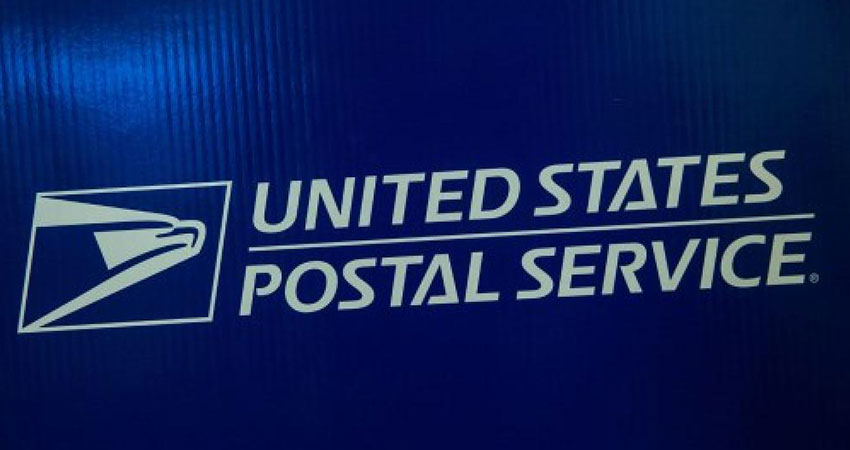At the first day of the Universal Postal Union’s extraordinary congress in Geneva Tuesday, the body voted 78-57 with 9 abstentions against a U.S. proposal to allow creation of self-declared postal rates, an effort to end the current inequitable terminal dues system, the Associated Press reported.
The body will vote today on another measure that would set up a phased approach to creating self-declared rates. Should that fail to pass, the U.S. has said it would withdraw from the UPU as of Oct. 17, setting up a chaotic situation of negotiating bilateral agreements and uncertainty in international postal service.
“The mission here today is to retool this system for the brave new world of ecommerce,” U.S. Trade Representative Peter Navarro told the 144 national delegates in attendance, according to the AP. “As we say in America, ‘You know what to do.’ ”
UPU Secretary General Bishar Hussein of Kenya said he remained “very optimistic” of striking a deal, adding he didn’t believe the U.S. would leave the international body despite its stated intentions.
“If United States leaves, you will get those piles (of mail) you are talking about for sure, because somehow every country has to figure out how to send mail to the United States, ’cause the traditional system will completely shut down,” Hussein told a reporter, according to the AP.
President Trump declared a year ago the U.S. would pull out of the UPU if some type of deal couldn’t be reached. He complained the U.S. Postal Service was subsidizing postal rates from other countries under the terminal dues system, established before China was an international commerce powerhouse. This gives Chinese merchants a significant advantage over U.S. sellers based on significantly lower parcel rates.
The Postal Regulatory Commission (PRC), which oversees the USPS, has warned major parcel consolidators that their negotiated service agreements (NSA) providing discounted rates could be void as of Sept. 30 if the U.S. decides to pull out of the UPU. The PRC could also extend the agreements up through January 2020 if an agreement is reached. NSAs are generally set in January, following peak season.
As a result, consolidators including Stamps.com, RR Donnelly, Asendia and DHL are making contingency arrangements that would bypassing the USPS and directly induct mail and parcels through partnerships and their own networks into foreign postal services.

